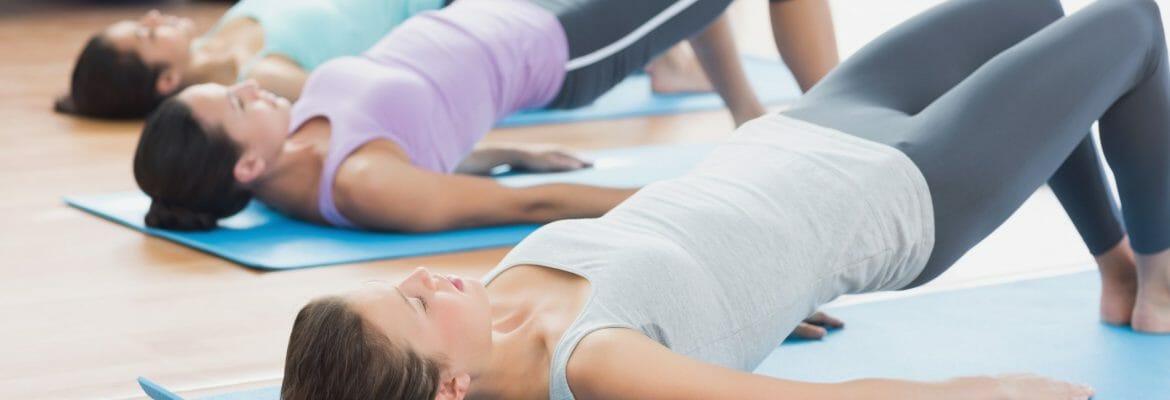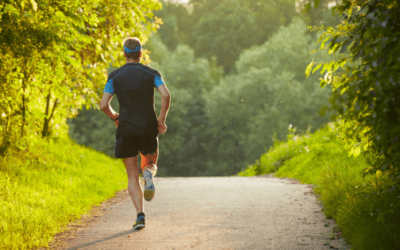With the children back at school maybe you are thinking about returning to the gym, fitness class, Yoga or Pilates or taking up a new form of exercise.
Today we will share some top tips to reduce the risk of injury when returning to exercise or the gym.
- Take it slowly, many people have not lifted weights for 6 months. It is so important to remember this, don’t go back to lifting the same weight you were lifting 6 months ago, reduce down to half this weight then slowly build up again by 10% each week.
- Have a rest day in between sessions to allow your muscles to recover. For the first 2 weeks only go to the gym 3 times a week.
- If you are returning to a dance/fitness class or Pilates or yoga class then again take it slowly, maybe choose the low impact versions for the first few weeks and take care with Pilates and Yoga not to overstretch, listen to your body, do not push into pain when stretching.
- If you are doing the C25k running programme, build up slowly and do some strengthening exercises alongside running – see our top tips to reduce the risk of injury when starting running.
- I often get asked should I stretch or not? There is research to show that dynamic stretching is much better than static stretching, so the answer is: If you have always stretched statically in the past and have had no problems and feel it helps you then please do continue. But if you do want to work to improve your flexibility then it is much better to stretch afterwards or in between running/ sports sessions, as you will improve flexibility without compromising power and strength.
- Supplement return to exercise with a sports massage, it is normal to feel muscle soreness after exercising but this should go away within 3 days, if it doesn’t then a sports massage would be great to release the tight muscles.
- Also sports massage is good to encourage blood flow to the muscles and to reduce post exercise soreness.
- Sports massage is really good to reduce the risk of injury when returning to any exercise after a long time off.
- Sleep, rest and recovery is so important, as you start to stress your muscles more they need time to recover so a good night’s sleep will help with this – Bonnar et al. (2018) acknowledge that 7 to 9 hours of sleep per night is recommended for healthy adults but athletes need 9 to 10 hours of total sleep to reach their full potential.
If you are thinking about returning to the gym or your fitness class, Pilates or Yoga classes then consider having a sports massage to reduce the risk of injury, or if you have returned already and have overdone it (we are seeing lots of patients who have overdone it, including my husband!) then Physiological can help you with muscle strains, back pain, neck pain, shoulder pain, knee pain and hip pain at our Physiotherapy Stansted Park, Rowlands Castle Clinic and our Horndean Clinic.




